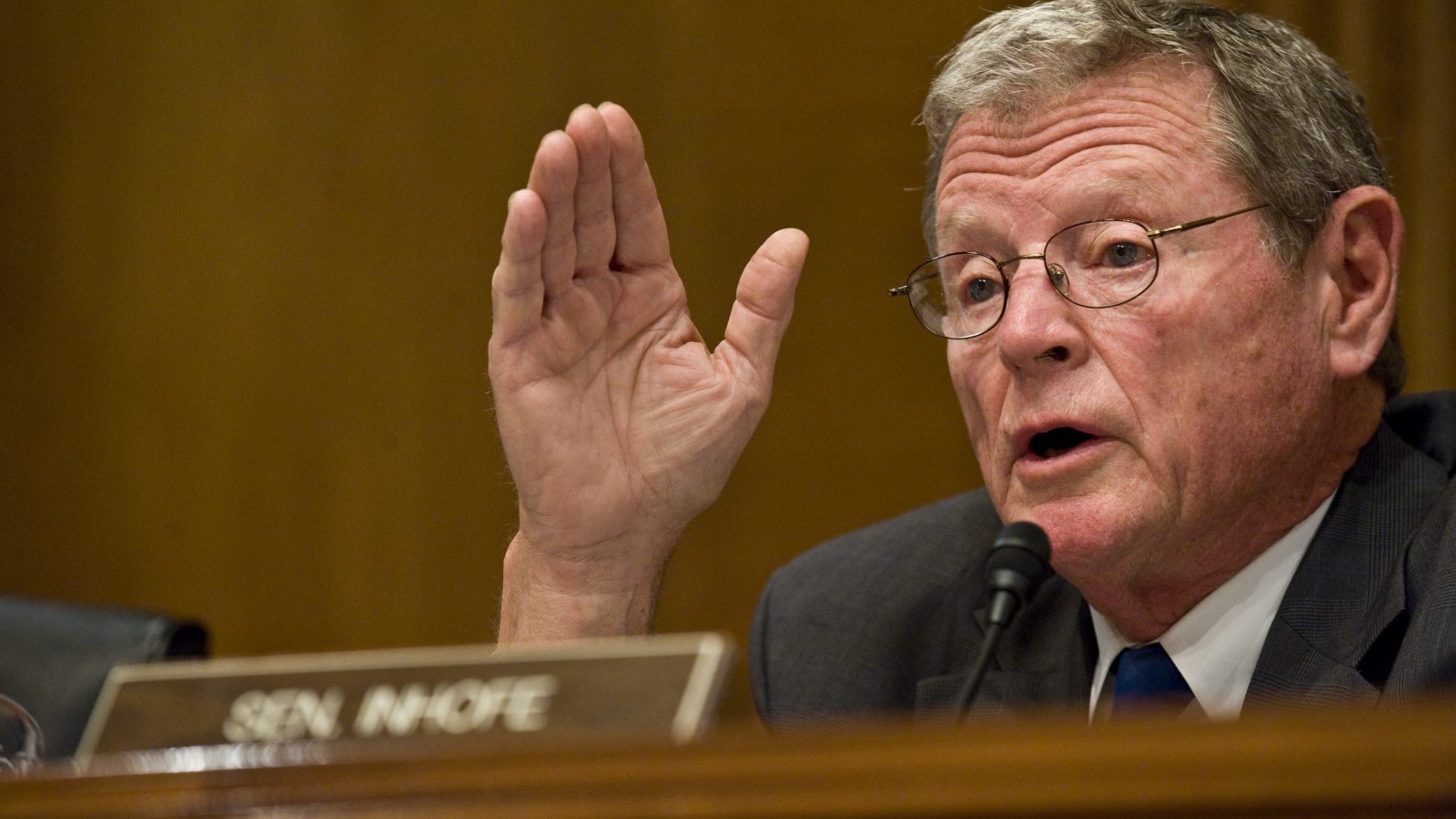Picture yourself giving nearly the same speech hundreds of times, filled with rock-solid facts, detailed charts, and impassioned moral pleas. Despite years of these efforts, you’re hoarse and exhausted and can’t shake the sense that people still aren’t listening.
“It’s a very hollow feeling,” Senator Sheldon Whitehouse, a Democrat from Rhode Island, told journalists after giving his 200th speech on climate change on the Senate floor in 2018. He felt like he was talking to an “empty chamber.” His addresses, detailing the rising levels of carbon dioxide in the atmosphere, the climbing costs of floods and wildfires, and the flow of “dark money” to block climate legislation, had become a weekly tradition, but there wasn’t much evidence that the hundreds of hours he spent on them had changed his fellow senators’ minds.
While only a sixth of Americans dismiss the scientific consensus that the planet is heating up, a larger chunk — one-third — still doubt that humans are responsible. Two new studies dig into the reasons why so many people resist accepting the facts on climate change and offer some insight into how to talk to them about our overheating planet in a way that might be more compelling. The takeaway: Evidence alone isn’t enough.
“People routinely ignore facts on a whole host of issues, including climate change,” said Deborah Lynn Guber, an associate professor of political science at the University of Vermont. “So if Democrats base their strategy on facts, then that’s a problem.”

Whitehouse is seen before delivering his 100th Senate floor speech about climate change in 2015. MANDEL NGAN / AFP via Getty Images
The underlying reason people dismiss climate science, it turns out, has more to do with political identity than logic. In fact, the more intelligent people are, the more polarized they tend to be on climate change. When they’re challenged, Democrats and Republicans alike simply use their smarts to justify their beliefs. Confirmation bias is a powerful thing.
It’s not just that Democrats and Republicans in Congress have different priorities when it comes to the climate crisis — they also use different styles of persuasion. A study published in the journal Environmental Politics earlier this month breaks down the differences along partisan lines. With the help of machine learning, Guber and her colleagues analyzed millions upon millions of words from Congressional floor speeches from 1996 until 2015.
They found that Democrats tend to make arguments about climate change backed up by facts and evidence, while Republicans tend to tell stories, using imagery, emotional appeals, and humor to sway people to their side. According to Guber, Republicans are “communicating in ways that may ultimately be more effective.”
One chilly day in February 2015, Senator James Inhofe, a Republican from Oklahoma, unwrapped a snowball on the Senate floor. After noting that he kept hearing the previous year was the hottest on record, he held it up, asking “You know what this is? It’s a snowball, just from outside here. So it’s very, very, cold out. Very unseasonable.” Then he threw it at the Senate president. “Catch this!”
Inhofe’s speech was widely ridiculed. The Daily Show’s host Jon Stewart mocked Inhofe by saying, “Clearly if global warming was a problem, I would only be able to grab lava balls.”
Sure, Inhofe was conflating weather with climate. But it’s hard to contradict the existence of a snowball, Guber said. It was ridiculous, but it got a lot of attention.
“That’s a prime example of using that vivid imagery to communicate something about climate change that certainly isn’t true,” she said, “but the truth of it doesn’t really matter to the audience.”

Inhofe speaks during a Senate hearing on climate change. Scott J. Ferrell / Congressional Quarterly / Getty Images
Republicans these days take a softer approach to climate change, not outright dismissing the evidence, but framing the issues in terms of personal stories, analogies, and anecdotes. Representative John Carter, a Republican from Texas, once told the House a story about going golfing with his buddies in Texas back in the 1960s, according to Guber’s study. All in one day, they were hit with a dust storm, raining mud, and a wild temperature swing from a sweltering 90 degrees down to a frigid 20. “That certainly was the most spectacular climate change I have ever seen in my entire life,” he said.
Some research suggests that liberals and conservatives react differently when confronted with new evidence that contradicts their beliefs. A working paper by four Canadian psychologists argues that many liberals are more willing to change their minds (associated with the value liberals tend to place on science and skepticism), while conservatives are more likely to stick to their guns (linked with a respect for tradition and religious beliefs).
Democrats have long been criticized for overlooking emotional appeals, Guber said, but they seem to be moving in a direction that would appeal to a broader swath of the public, framing the climate crisis as a threat to public health and national security, invoking religious stewardship, and explaining that taking on climate change creates jobs.
“The hope is if Democrats can find a way of being emotionally engaging on climate change while avoiding some of the triggers that speak to partisanship, then they’ll do well,” Guber said.
The hundreds of hours Whitehouse spent on those speeches wasn’t wasted. While it may seem like no one watches C-SPAN, journalists do — and they report on what these elected officials say. Speeches like Whitehouse’s are “a vital catalyst for maintaining the attention of the news media,” Guber said. “So the more people in Congress that speak about climate change, the more attention the subject gets.”
Whether or not his dogged speeches played a role, some of Whitehouse’s Republican colleagues are slowly coming around on climate change. He was joined by a Republican, Senator Bill Cassidy of Louisiana, during one of his climate speeches for the first time last year. “I think there are at least a dozen Republican senators who would like to participate in that discussion and do something positive that actually solves the problem,” he told E&E News last July. And it only took 250 speeches.



